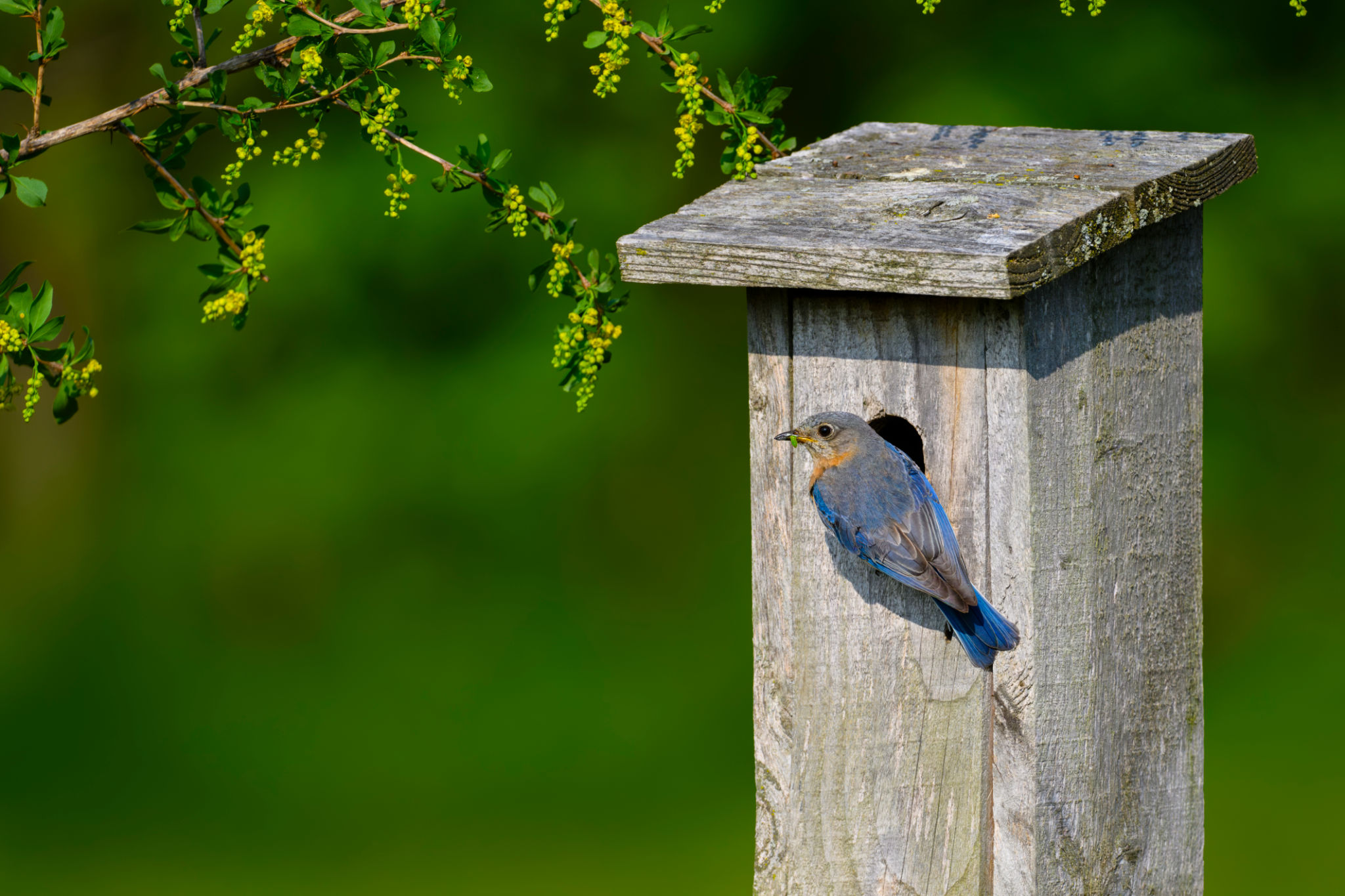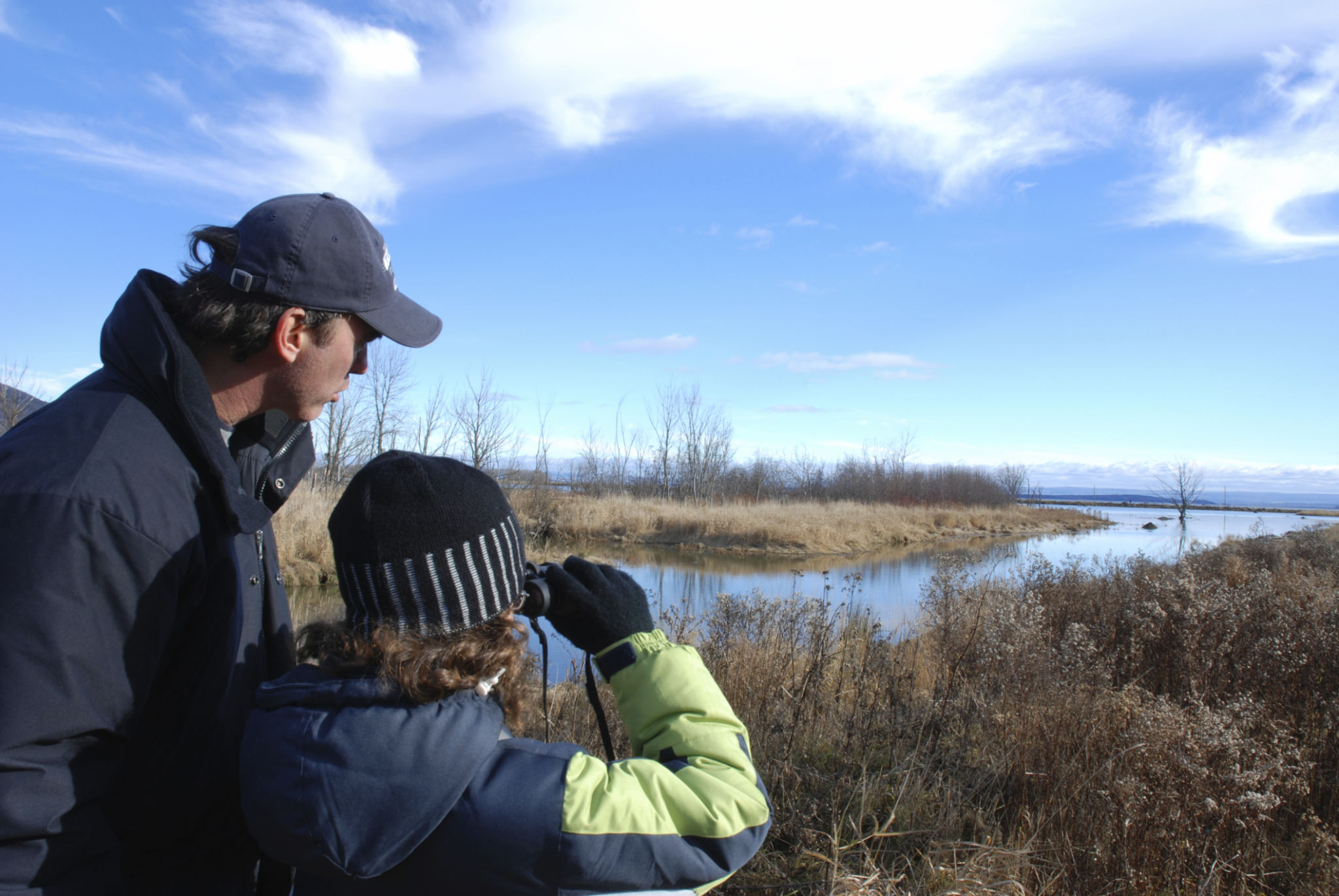Comprehensive Guide to Wildlife Protection Equipment: Ensuring Bird Safety
Understanding Wildlife Protection Equipment
Wildlife protection equipment plays a crucial role in conserving our natural environment, especially for bird species that are vulnerable to various threats. From mitigating collisions with human-made structures to safeguarding against predators, these tools and technologies are essential for ensuring bird safety.
Birds face numerous hazards in their habitats, often resulting from human activities. As awareness grows, so does the development of equipment designed to protect these creatures. This guide aims to provide a comprehensive overview of the equipment used in wildlife protection, focusing on ensuring bird safety.

Types of Bird Protection Equipment
Collision Prevention Tools
One of the most common threats to birds is collisions with windows and buildings. To mitigate this, several solutions have been developed:
- Window Films: Transparent films that make glass visible to birds, reducing the risk of collision.
- Bird Strikes Deterrents: Devices like decals or stripes strategically placed on windows to alert birds of obstacles.
Nesting and Habitat Protection
Nesting sites are critical for bird populations. Protecting these areas ensures the continuation of bird species:
- Nesting Boxes: Artificial boxes that provide safe nesting sites for birds, especially in urban settings.
- Habitat Fencing: Barriers that keep predators away from nesting sites without disrupting the birds.

The Role of Technology in Bird Safety
Tracking and Monitoring Devices
Advanced technology has revolutionized wildlife protection efforts. Tracking devices enable researchers to monitor bird movements and behaviors:
- GPS Trackers: Small devices attached to birds to track their migratory patterns and habitat use.
- Camera Traps: Remote cameras used to observe birds in their natural habitats without human interference.
Acoustic Deterrents
Acoustic deterrents are used to keep birds away from dangerous areas, such as airports or construction sites:
- Sonic Bird Repellers: Devices that emit sounds to scare birds away from certain locations.
- Ultrasonic Systems: Emit high-frequency sounds inaudible to humans but effective in deterring birds.

Community Involvement and Education
Community involvement is vital for the success of wildlife protection initiatives. Educating the public about the importance of bird safety can lead to more widespread adoption of protective measures.
Local workshops and educational programs can empower communities to implement bird-friendly practices. By participating in citizen science projects, individuals can contribute valuable data that aids conservation efforts.
In conclusion, protecting birds requires a combination of innovative equipment, technology, and community engagement. By understanding and utilizing these tools, we can make significant strides in ensuring the safety and preservation of bird species worldwide.
